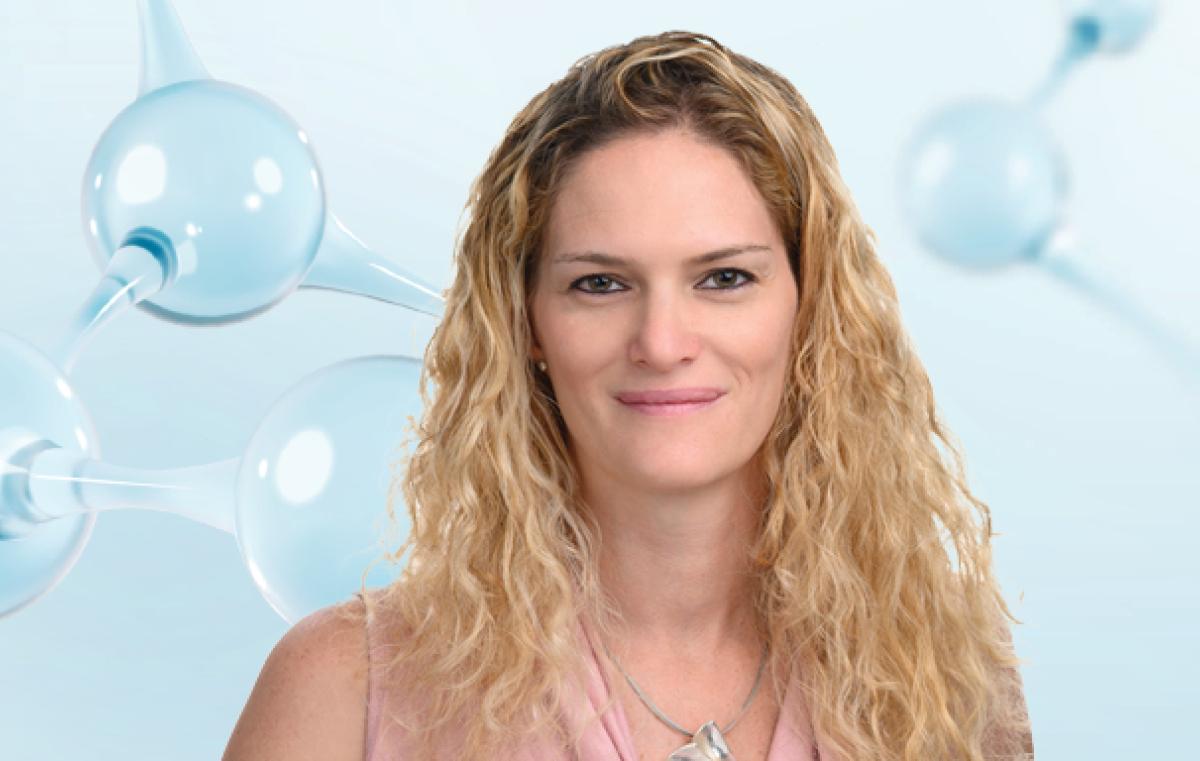€150,000 of Hope in a Petri Dish
The Medical Research that Might Preserve Fertility in Childhood Cancer Patients

A Breakthrough in Fertility Preservation for Young Cancer Survivors
A groundbreaking medical research initiative could transform the lives of young cancer patients. Dr. Nitzan Gonen of Bar-Ilan University has been awarded a prestigious €150,000 European Research Council grant to advance her pioneering work in fertility preservation. Her research tackles a difficult reality faced by families of boys diagnosed with cancer: while adult men can freeze sperm before chemotherapy, prepubescent children currently have no options to safeguard their future fertility.
Medical Research Brings New Hope for Fertility Preservation
Dr. Gonen and her team have already reached a significant milestone by creating testis organoids—tiny, lab-grown versions of testicular tissue—using mouse cells. These organoids have survived for up to nine weeks while maintaining normal cellular structures, showing early signs of initiating sperm production. This breakthrough offers a promising glimpse of hope for families facing difficult treatment decisions.
"Currently, many families are advised to preserve testicular tissue samples from their children before chemotherapy, essentially banking on future technological advances," explains Dr. Gonen. "Our research aims to turn that hope into reality."
The Growing Importance of Fertility Research in Pediatric Cancer
With pediatric cancer survival rates improving, the long-term quality of life for survivors is becoming an increasingly important issue. Fertility preservation is a critical aspect of this discussion. Thanks to the newly secured grant, Dr. Gonen’s team can take their research a step further—attempting to create similar organoids using human tissue from pre-pubertal testis biopsies.
The Future of Medical Research in Fertility Preservation
This research is more than just a scientific achievement; it represents the possibility of preserving parenthood dreams for childhood cancer survivors. By bridging the gap between laboratory innovation and clinical application, Dr. Gonen’s work aims to offer families something invaluable: the chance for their children to grow up with the option of having biological children of their own.
The project, aptly named "Restore-Fertility," highlights how cutting-edge medical research can address deeply personal and human concerns. As this work progresses, it carries the hopes of families worldwide—families who wish to see their children not only survive cancer but also thrive in every aspect of adulthood, including the possibility of starting a family.